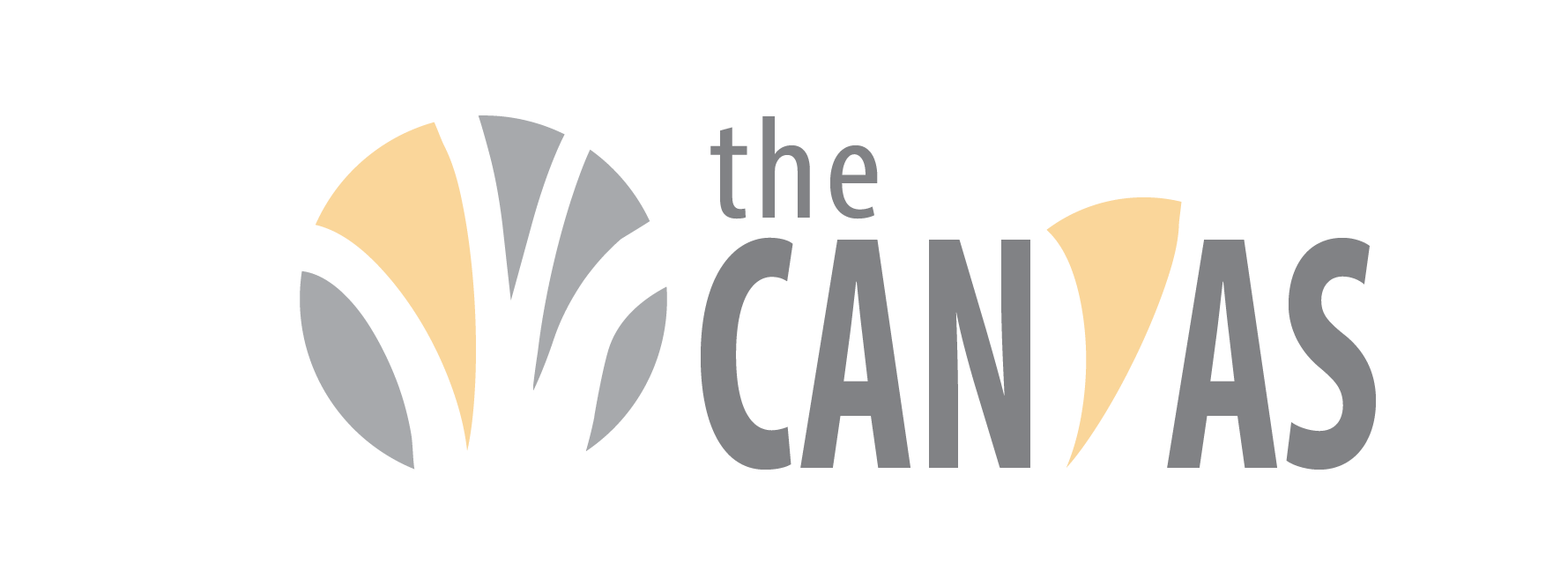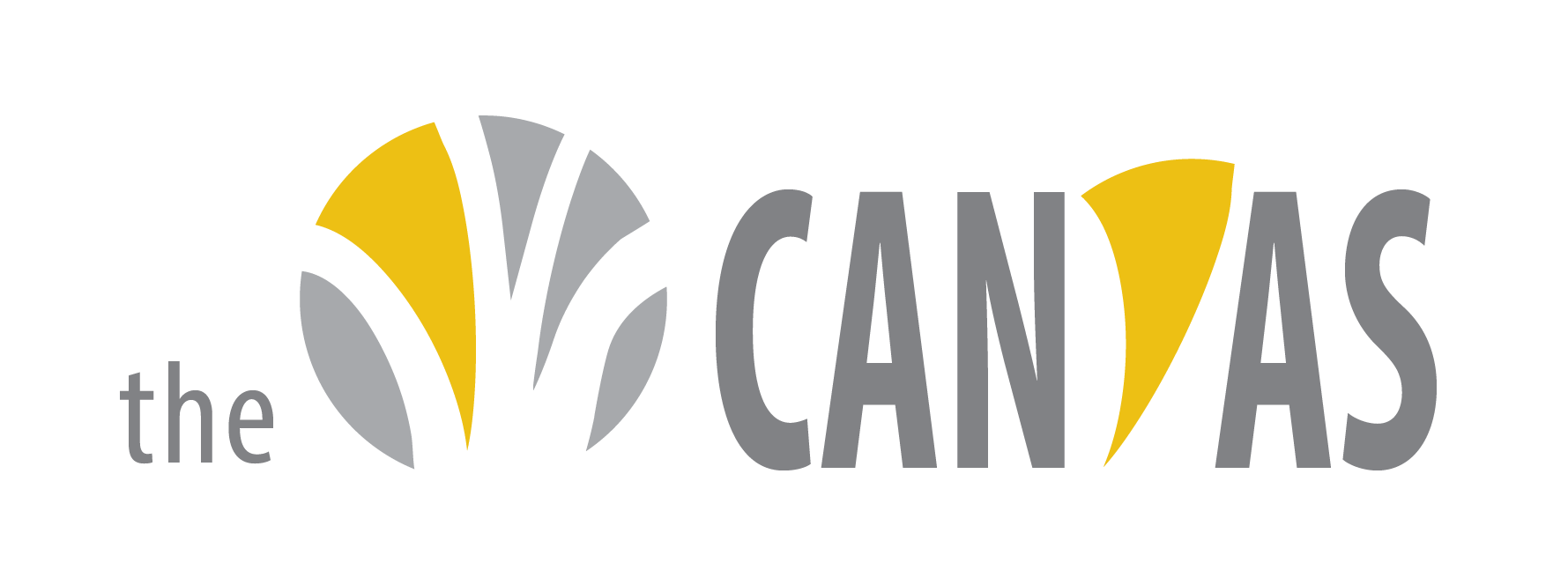Who gets to claim religious values? In recent debates about Democrat presidential candidate Pete Buttigeig, Franklin Graham ridiculed the religious left: “Using new terms like ‘Progressive Christianity’ & ‘Christian Left’ may sound appealing, but God’s laws don’t change.” Buttigeig is openly gay, a veteran, and self-identifies as progressive. He is also a Christian in the Episcopal denomination. To some, Buttigeig is a contradiction. Evangelical Erick Erickson even implied that the Episcopal Church is not really Christian. As a progressive seminary, United denies that a far right, ultra-conservative Christianity is the only way for people to live out their faiths. Members of the religious left must pursue leadership positions and reclaim what it means to be a person of faith in today’s world.
In this time of mass incarceration, the Muslim ban, #MeToo, climate change, and attacks on transgender rights, people of faith are called to action. The Bahai Faith has a Vision of Unity that identifies racism as the “most challenging issue confronting America,” and that must be addressed head on. Pope Francis’s encyclical, Laudato Si’, charges people to respond to the ecological crisis, grounding responsibility in Biblical and Church Father authorities. In the wake of synagogue and mosque shootings, Jews and Muslims have leaned into their traditions to stand in solidarity with one another. Across the board, religious thinking inspires progressive leaders to face today’s problems.
United is an incubator for progressive religious leadership, with classes in social transformation, scripture, ethics, and arts. For example, in Interpretation as Resistance: Womanist, Feminist, and Queer Interpretations of the Bible, students created interpretation projects to be used outside of class in their communities. Projects have included plays on masculinity in the Hebrew Bible, feminist liturgies, and interfaith resources for families of LGBTQ children. Students in Comparative Religious Ethics a variety of religious to answers to the looming ecological crisis. And future courses in interreligious chaplaincy consider artists Audre Lorde and Prince as pastoral theologians who speak to the world we live in.
Students learn from leaders on the frontlines of protests and community organizing. A brief glance at United’s history shows professors like James Nelson challenging heterosexism in ‘70s or Mary Bednarowski organizing against androcentrism through the 90s’ Re-Imagining. Now, current students, staff, and faculty organize with the MN Poor People’s Campaign. Pastors preach on body image. Professors confront sexual violence in the Bible. And guest speakers show what solidarity can looks like, from Dr. Robyn Henderson Espinoza, a queer Chicanx theologian and protester in Charlottesville to Dr. Larycia Hawkins whose act of solidarity with Muslims resulted in her dismissal from Wheaton College in 2015. Meeting leaders locally and from across the nation, students witness the diversity of leadership in the religious left.
The opportunities to learn from and participate in progressive religious leadership are plenty. The Franklin Grahams and Eric Ericksons of the world do not get the final say on what it means to be religious in America. At United, progressives decide how to lean into their faiths as leaders in this current moment.
Ready to start your journey toward becoming a progressive faith leader? Our application deadline for fall 2019 is July 1.




Your Comments :